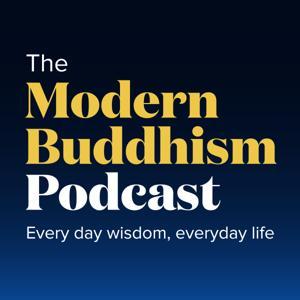Suffering as Compassion, Humility as Medicine: How to Overcome Arrogance The 12-Step Buddhist Podcast Episode 111
from Dodrupchen Jigme Tenpe Nyima,
"Dropping the Attitude of Being Entirely Unwilling to Suffer Think about all the depression, anxiety and irritation we put ourselves through by always seeing suffering as unfavourable, something to be avoided at all costs. Now, think about two things: how useless this is, and how much trouble it causes. Go on reflecting on this repeatedly, until you are absolutely convinced. Then say to yourself: "From now on, whatever I have to suffer, I will never become anxious or irritated." Go over this again and again in your mind, and summon all your courage and determination.
2 Cultivating the Attitude of Being Joyful when Suffering Arises Seeing suffering as an ally to help us on the path, we must learn to develop a sense of joy when it arises. Yet whenever suffering strikes, unless we have some kind of spiritual practice to bring to it, one which matches the capacity of our mind, no matter how many times we might say to ourselves: 'Well, as long as I've got roughly the right method, I'll be able to use suffering and obtain such and such a benefit', it's highly unlikely that we'll succeed. We'll be as far from our goal, the saying goes, as the earth is from the sky.
Therefore, use suffering as the basis for the following practices:
c. Using Suffering to Overcome Arrogance As I explained before, [as long as we are in samsara] we are never independent or truly free or in control of our lives. On the contrary, we are always dependent on and at the mercy of suffering. So we must eliminate 'the enemy that destroys anything that is wholesome and good', which is arrogance and pride; and we must do away with the evil attitude of belittling others and considering them as inferior.
Transforming Suffering
https://podcast.compassionaterecovery.us/all-podcast-teachings/transformsuffering/
Sapiens
https://amzn.to/3GEBkId




































